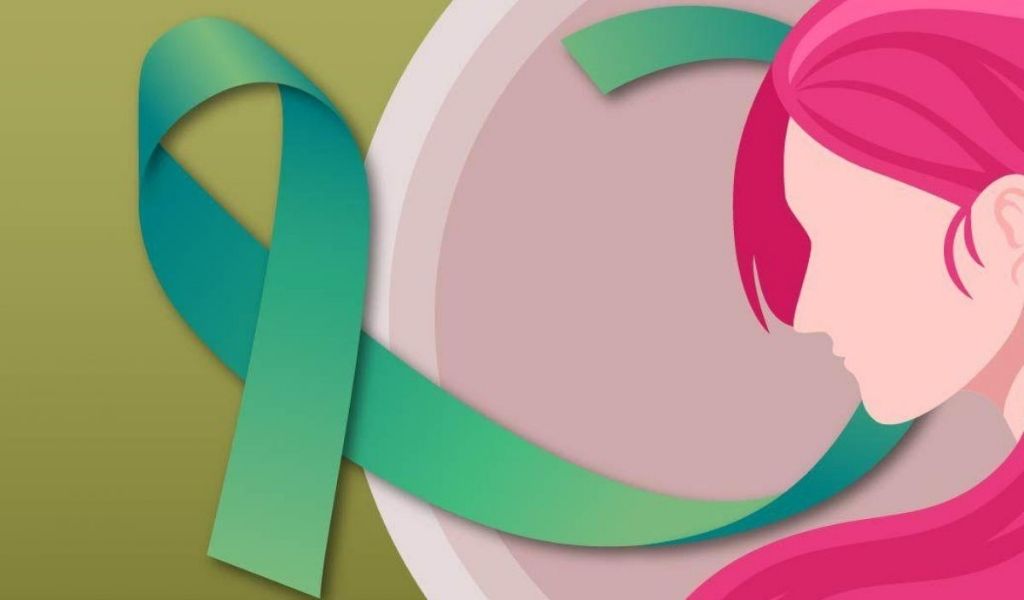
Coping With Cervical Cancer – Taking Care Of Yourself Beyond Treatment and Medication
Every January, is marked as the ‘Cervical Cancer Awareness Month’. The cervix is an incredible part of the female anatomy. Although about an inch or two in size, it is essential to your reproductive and sexual health as it keeps bacteria out of your uterus, produces discharge to clean your vagina and changes its positioning to help facilitate or protect a pregnancy.
When cancer starts in the cervix, it is called cervical cancer, even if it spreads to other parts of the body later. Every woman is at risk. Cervical cancer begins due to the abnormal growth of cells that have the ability to invade or spread to other parts of the body. Various strains of the human papillomavirus (HPV), a sexually transmitted infection, play a role in causing most cervical cancer.
The scariest part about this type of cancer is the fact that it can be completely free of symptoms at the early stages. When the illness advances, worrisome signs and symptoms can include of the following amongst others;
# Vaginal bleeding after intercourse, between periods or after menopause
# Watery, bloody vaginal discharge that may be heavy and have a foul odor
# Pain and discomfort during sexual intercourse
# Unexplained, persistent pelvic and/or back pain
# Weight loss
# Loss of appetite
# Fatigue
The good part on the other hand is that, cervical cancer is a disease which had treatments. If diagnosed at early stages, it is also often curable. However, when not, it is also possible to low its progression, prolong lifespan and relieve any associated symptoms. Common treatments include of; surgery, radiation therapy, chemotherapy, targeted therapy & immunotherapy for cervical cancer. Depending on the type and stage of your cancer, one may require more than one type of treatment simultaneously.
Moreover, cervical cancer can also be prevented through HPV vaccination, regular screening and maintaining a healthy way of life.
If the worse come to worst, however, a positive diagnosis of cervical cancer is the turmoil you might have never expected. Everyone reacts in their own way. Sometimes it is hard to take in the fact that you have cancer at all. Experiencing different feelings is a natural part of coming to terms with cancer.
The decisions you make from this point on are extremely crucial for your well-being and your overall life. There is a lot to deal with following a positive diagnosis. Just keeping up with your doctor appointments and medications is hard enough to deal with every day. Nevertheless, feeling your best in all the ways possible during treatment is important for your healing too. We are sharing some tips that might help you accomplish just this;
Managing Weight & Nutrition
Making good food choices during treatment can help you feel better, tolerate side effects, lower your chances of infection, and even heal faster. One important way to do this is to eat a variety of foods so you get the nutrients you need, which can well include of;
- Antioxidants (vitamins A, C, and E)
- Carbohydrates (fruits, vegetables, and whole grains)
- Healthy fats (monounsaturated and polyunsaturated fats)
- Proteins (fish, poultry, lean red meat, eggs, low-fat dairy products)
- Vitamins and minerals
- Water
Exercising
Your treatment program may make you feel extra tired, and exercise probably seems impossible. But even doing a small amount can have tons of benefits. It can help you stay strong, improve your appetite and energy, and help you feel less stressed or depressed.
Looking Your Best
Thinking about how you look during cancer treatment doesn’t make you shallow. Some medications can change your appearance and that can affect how you feel about yourself. There are many ways to cope with these physical side effects so you can feel more confident from using make-up, wigs, accessories etc.
Emotional support
It can be hard to always stay positive while you’re going through treatment but, finding small ways to keep your spirits up can make a big difference. It is also normal and expected to have negative emotions. Allow yourself space to feel and express them. Keep track of the positive things on your life. Surround yourself with supportive friends and family, too. Consider joining a support group, whether in person or online, to connect with other women in the same situation. You may also want to think about individual and/or family counseling to cope with your physical and emotional changes.
Ask for help
Many people suffering illnesses often refrain from seeking help for their needs as they believe it might negatively burden another person. Whether the help you need be it financial, medical or emotional, ask for it. I repeat, ask for it. You are not alone. There will always be someone to share your burden; be it, someone close to you or even a stranger. Believe in the power of humanity & kindness.